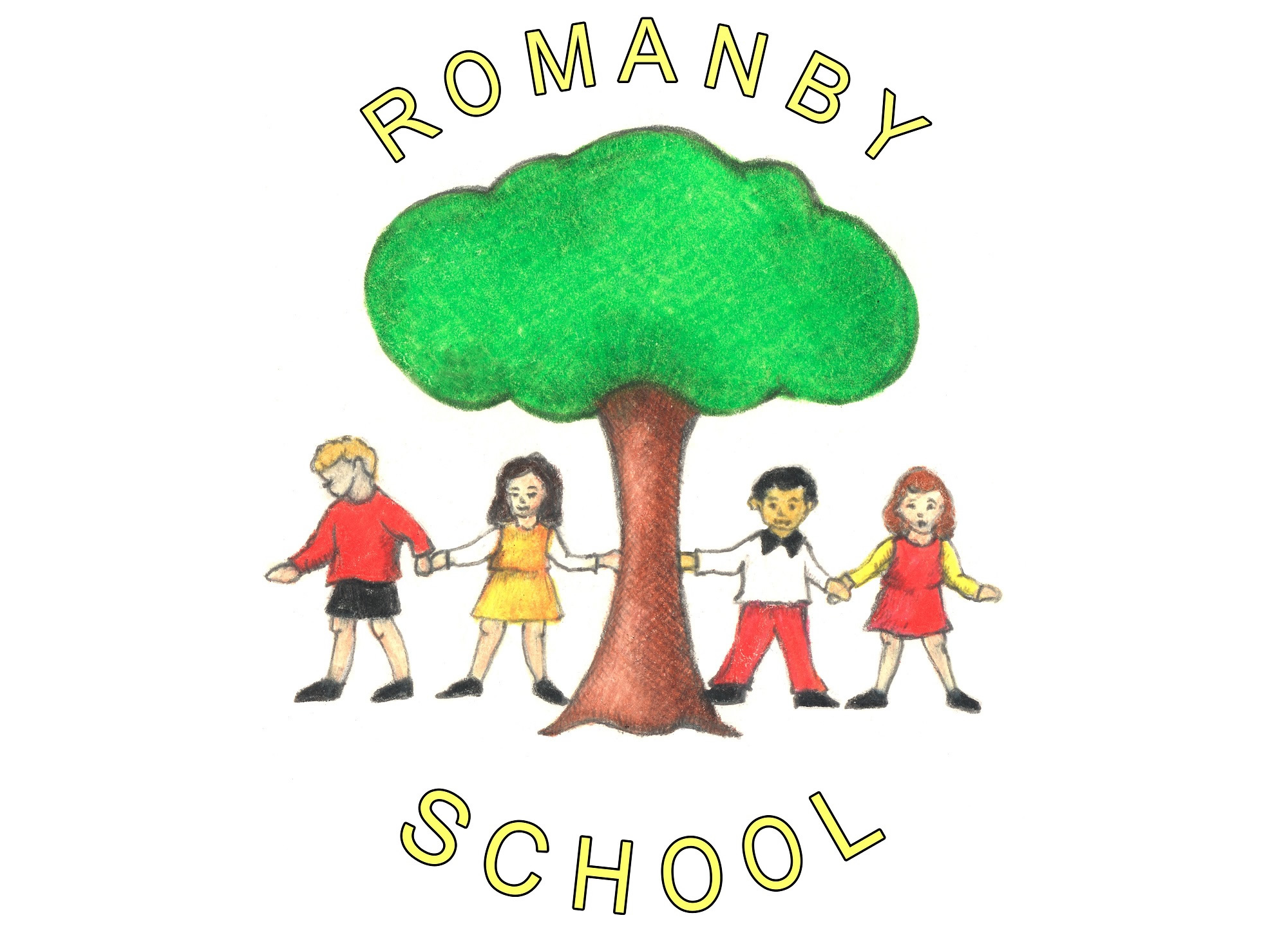At Romanby School we have carefully designed our curriculum to ensure that it is enriched with engaging, purposeful and quality learning experiences. Our curriculum provides broad and balanced opportunities which aim to drive a life-long love of learning as well as positive learning behaviours which help our children to grow as individuals as well as learners.
Like all maintained schools, when children join us in Reception they follow the Early Years Foundation Stage Curriculum. Every child in Key Stage One and Two then accesses a curriculum which enables them to develop interest, skills, knowledge and understanding in both the core and foundation subjects of the Primary National Curriculum.
We also recognise the need for a broader curriculum which allows our children to access knowledge and experience of the wider world so that they develop and possess the building blocks essential for becoming successful adults in the world in which we live today. We are driven towards helping them to make a positive contribution to their local community and the wider society, live healthy lifestyles, be moral citizens and take opportunities to extend their horizons.
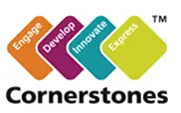
We use the Cornerstones Curriculum model to help us to achieve this aim. We have adapted this knowledge rich primary curriculum, informed by the latest evidence from cognitive science that is mapped to the Primary National Curriculum, to ensure comprehensive coverage of national expectations.
It is based on a child-centred pedagogy called The Four Cornerstones and is delivered through a range of subject-specific projects, which last either a full or half term. Subject-specific projects cover art and design, design and technology, geography, history and science. Maths is delivered through projects from the White Rose Maths scheme.
Our English curriculum follows the Talk for Writing sequence of learning, which enables children to imitate the key language they need for a topic orally and thus enables them to internalise the language patterns they need for successful sentence structures within their writing. Children are encouraged to explore the vocabulary used in age-related, high-quality texts, followed by shared writing to show the children how to craft their texts through a shared, modelled process. Our English curriculum has a strong focus on reading, vocabulary, grammar and punctuation, while allowing teachers the flexibility to link discrete areas of the curriculum. We use the Essential Letters and Sounds programme to teach phonics and early reading.
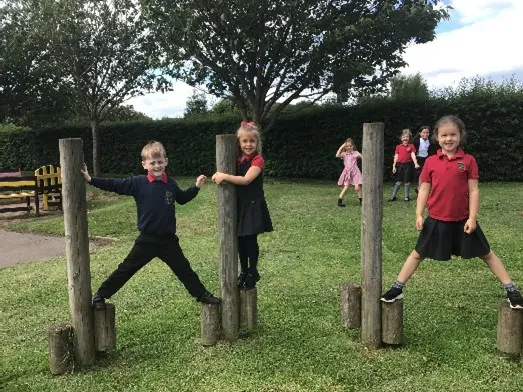
We use specialist schemes for PE (PE Hub), PHSE, French, Computing (all Kapow Primary) Music (Charanga) and RE (Agreed Syllabus).
Our curriculum provides a rich menu of exciting and motivating learning activities that make creative links between all aspects of children’s learning. We believe children learn better when they are encouraged to use their imagination and apply their learning to engaging contexts. Our curriculum provides many learning challenges throughout the academic year that require children to solve problems, apply themselves creatively and express their knowledge and understanding effectively. Children progress through four stages of learning.
Our focus on curriculum development is carefully designed to ensure coverage and progression as well as providing our children with memorable experiences, diverse and rich opportunities from which they can learn and develop a range of transferable skills. We use our ‘Secrets of Success’ to raise aspirations, develop positive learning behaviours and attitudes, engender a sense of personal pride in achievement, provide a purpose and relevance for learning and ultimately to help every child to find and develop their own personal strengths and interests.
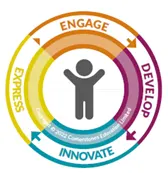
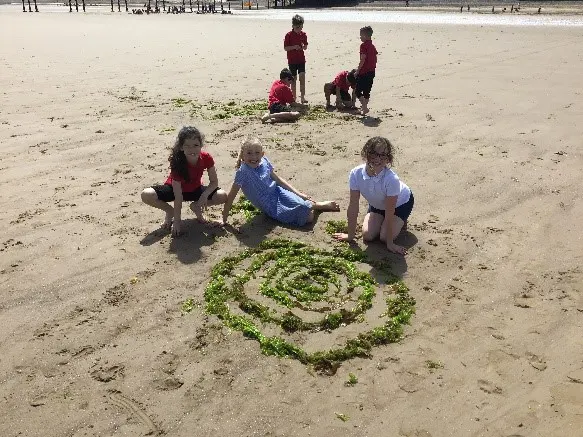
Our curriculum balances the national expectations and an all-encompassing range of experiences allowing our children to flourish. Clear strategic planning, which is frequently evaluated, allows the curriculum to be dynamic and adapt to the context of the school and children’s needs. Our staff value the different ways in which children learn and plan lessons to account for these differences. We encourage teachers to make cross-curricular links where possible within their lesson plans, so that children can draw upon knowledge from different subjects, making connections, and understand how each theme plays a part in everyday life. Age related expectations combine the acquisition of knowledge, understanding and the development of skills to create a purposeful and exciting learning journey for every child. Teaching and learning of our curriculum encompasses high expectations to combine transferable skills, demonstrate a breadth of vocabulary and develop strong cross curricular links. Quality classroom environments and resources stimulate and promote quality thinking and reasoning while our metacognition work and feedback policy is an opportunity for children to reflect upon their learning and think deeply about how to improve.
Community involvement is an integral part of our curriculum. We engage families and visitors with our children’s learning by regularly inviting them in to share learning experiences through open afternoons, assemblies and information sessions.
We provide a variety of extra-curricular activities for pupils that enhance their learning experience. The activities range from after-school clubs, to educational trips and visits. Extra-curricular activities are designed to enhance pupils’ learning experience, form personal connections between pupils and their peers, and teach skills essential for life after school.
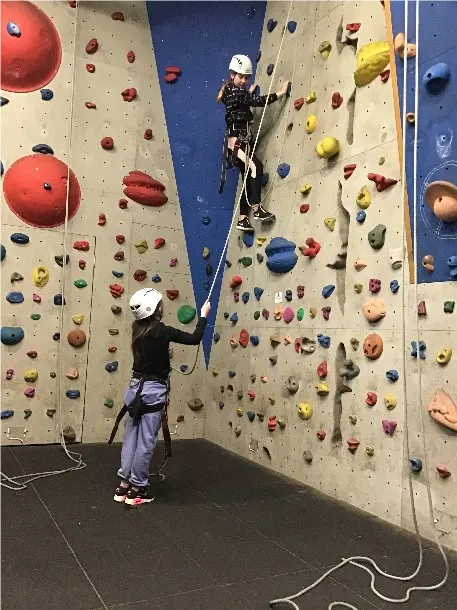
We use rigorous triangulated monitoring throughout the year to evaluate the impact of our curriculum design. Staff and governors monitor individual subjects: reviewing learning and the impact of teaching, evaluating pupil voice, tracking attainment and progress, celebrating and sharing highly effective practice proven to have an impact upon learning and continuing to improve the impact of the curriculum through highlighting areas of development.
Our whole school team strengthens our ethos and vision as we work together to reflect upon our curriculum and share outcomes which drive forward next steps. Learning is measured through careful analysis of application of skills across the curriculum; showing how acquisition of knowledge is enhanced by expectations to evidence quality thinking and demonstrate individual understanding. Class teachers and leaders conduct performance analysis linked to triangulated monitoring, measuring performance against individual and school targets.
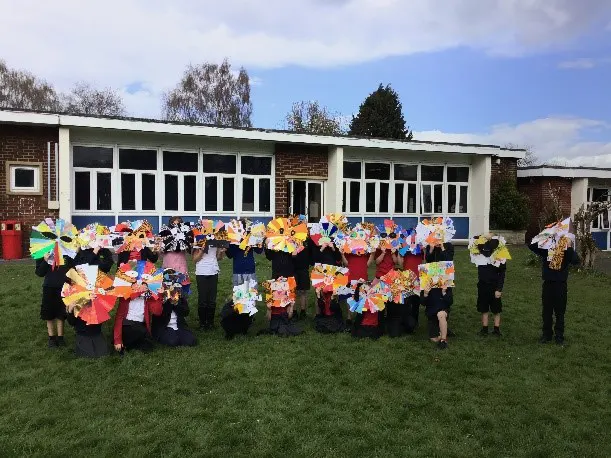
In addition, we believe that the impact of our curriculum can be seen in our children’s learning behaviours and attitudes. They are becoming increasingly independent, resilient and equipped to face challenges with strategies to overcome problems and make progress.
As well as nationally comparable data, our children also achieve success in the wider aspects of life.
Our children represent the school in county sporting events, take part in community arts and music projects and initiate changes to improve the lives of others.
Due to the curriculum they experience, our children leave us with a broad, rich and deep knowledge. They are able to transfer the skills that they have mastered into wider contexts and are prepared for the next stages of their education.
It is always good to see how our past pupils flourish in later life and we take pride in knowing that we may have played a small part in helping them to achieve this success.
Long Term Plans
For more detail regarding each year group please see the Medium-Term Plans on the year group pages.
